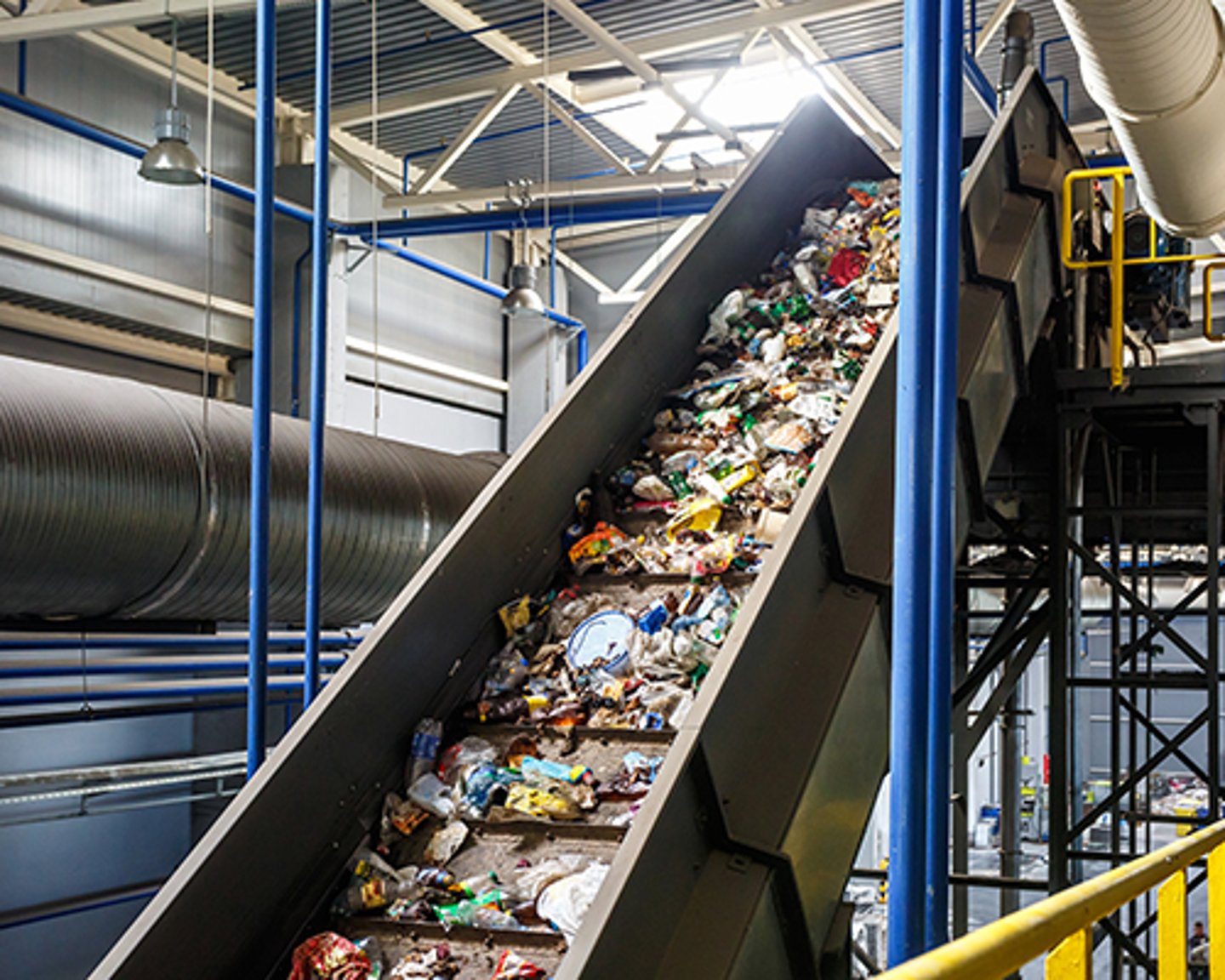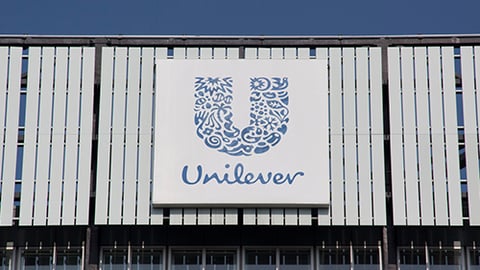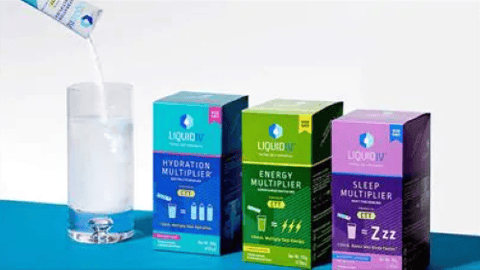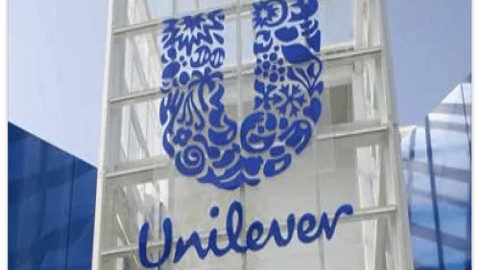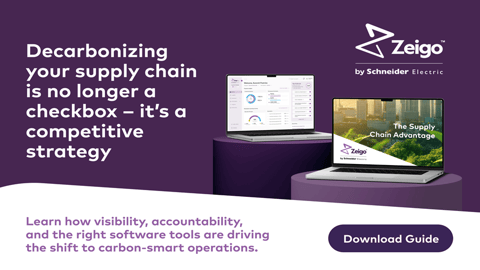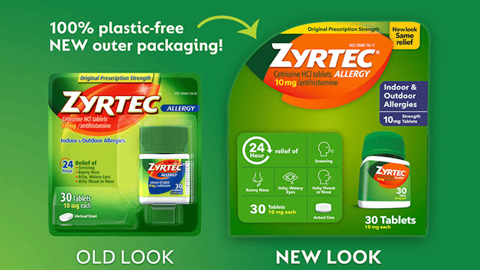Unilever Latest Investment Offsets Plastics Footprint By Half
Unilever North America is making more investments to reduce the negative environmental impact of its plastic packaging.
The No. 6 consumer goods company has invested $15 million in Closed Loop Partners’ Leadership Fund, expected to help recycle about 60,000 metric tons of U.S. plastic packaging waste annually by 2025. This amount is equivalent to more than half of the company’s plastics footprint in North America.
“We believe plastics’ place is inside the circular economy where it is reused, and not in the environment,” said Fabian Garcia, Unilever North America president, in a statement. “We’re advocating to transform the recycling system for a waste-free world, and we urgently need business investment to help make it happen.”
Closed Loop Partners is an investment firm that acquires and grows companies to increase recycling and further a circular economy. Unilever last year extended its commitment to the firm, which also includes such brands as 3M, Coca-Cola, PepsiCo, Walmart, Colgate-Palmolive, Johnson & Johnson Consumer Health, Keurig Dr. Pepper, Amazon, Starbucks and P&G.
Unilever’s investment in the private equity fund will accelerate the shift toward more circular supply chains by scaling circular business models and supporting the technology and innovations that keep valuable materials continuously cycling in manufacturing supply chains, said Ron Gonen, Closed Loop Partners founder and CEO.
It will also help Unilever secure additional PCR plastic supply for its brands and increase access to recycled plastic feedstock processed by Closed Loop investment companies.
In addition to collecting and processing more plastic packaging than it sells by 2025, Unilever has committed to halving its use of virgin plastic; ensuring all of its plastic packaging is reusable, recyclable or compostable; and using at least 25% recycled plastic in its packaging.
The company has made sustainability one of its core strategies moving forward, noting that the theme resonates strongly with consumers. It cites a mantra of “Less plastic. Better plastic. No plastic.”
“We know that sustainability matters more to young people than ever before, and that young people, in particular, feel strongly that it's time for businesses and brands to show more responsibility,” Alan Jope, Unilever CEO, said in the company’s most recent earnings call.


